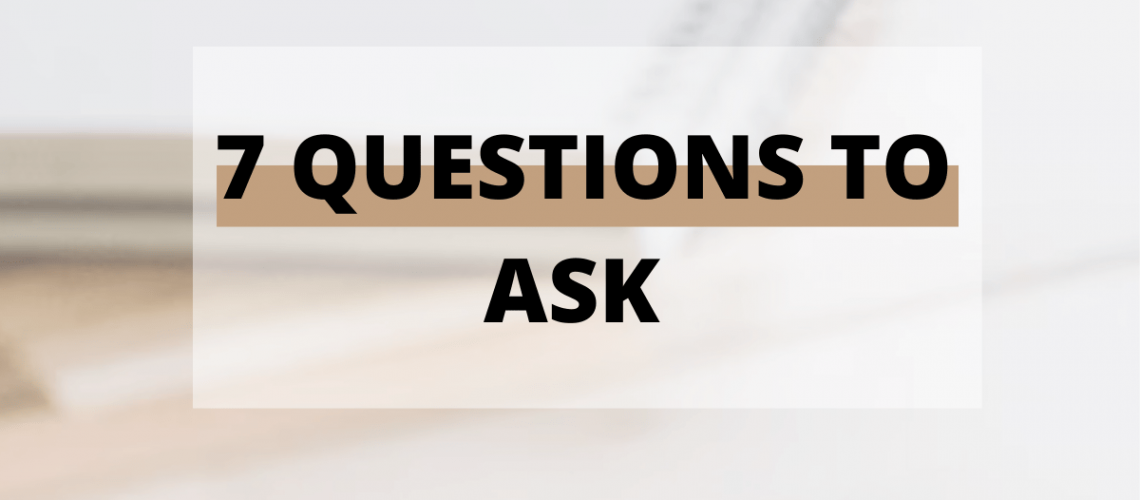Interviewing, when preparing for a job interview, the trend is clear: Elaborate answers to potential questions. Imagine or say aloud how we will sell ourselves to the interviewer. But there is a fundamental part of these meetings that often remains in the background. At the end of the interview, the company offers a question time to clear up doubts about the offer. An opportunity that can also be used to make a difference in the candidacy. Many people get stressed at this moment and adopt a more passive role in the interview. It is convenient to take advantage of the opportunity to ask questions, knowing when and how to do so. Better when the interviewer has finished elegantly and without losing sight of the fact that, while we demonstrate personal leadership, they lead in this case.
It is not about coming up with confusing questions to confuse and impress, but rather specifying what the position and work will be like within the company so that the interviewer shows interest and listens.
What caught your attention in my profile?
By addressing questions like this, the company can see that there is a certain personal leadership, and position ourselves as someone with a track record and professionalism. Knowing what has most attracted the attention of our profile, if we are talking about a specific competence or experience, can also provide a plus of interesting information to the candidate.
“It is a feedback that you get immediately. But it is important that we formulate this question in a very soft, non-invasive tone”.
What do you expect from the person who occupies the position?
It is likely that throughout the interview the interviewers have provided the answer to this question in a more or less concrete way. If this is not the case or more information is needed, you can ask yourself in different ways:
“What is the most valuable competence that you expect the person in the position to have?, “What should be their added value?…”.
This question may be more valuable in the eyes of the interviewer in cases of newly created positions. In cases in which the person who previously executed it no longer does so, the question can be focused as
“What do you expect from the person who occupies this position now that you missed before?”.
What exactly would my duties be?
Even if we come from the same or similar position, we will not necessarily have the same functions. If we change to a larger company, our tasks may be different, and more specific. It is interesting to make sure that we are trained and that we are interested in these performances. Doing so is one more way to demonstrate a real interest in the position.
How will you assess success in this position?
This question is a direct reference to how our work will be evaluated.
Are there clear objectives in the short or medium-term?
What are the KPIs (performance metrics) that will be taken into account?
What deadlines are handled?
This issue is not always addressed in a first interview, but it must be clear before signing the contract. If the information is unclear in this regard, it may be an indicator that the company has not fully matured the function of the position and therefore the need for it, which we can interpret as a warning sign before making our decision.
How does the company’s department works?
“Asking how the department works (if it depends on several people, with whom or with what other departments would it work side by side..)
It is also useful for the candidate, who will be able to calculate the value of his future department within it, the level of responsibility he assumes, and also helps to better calculate the possible salary.
